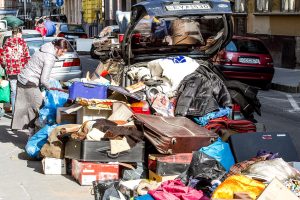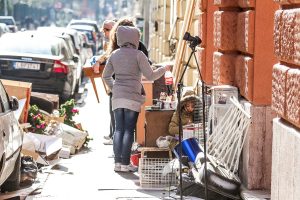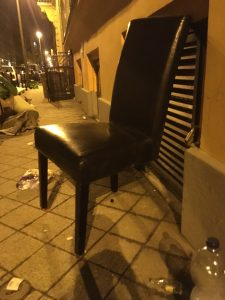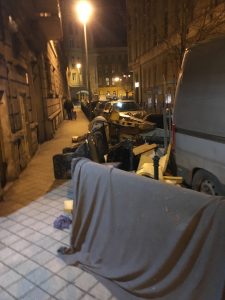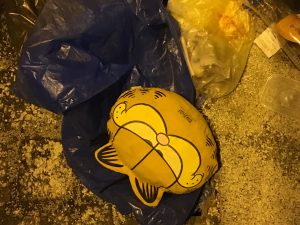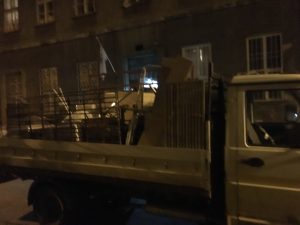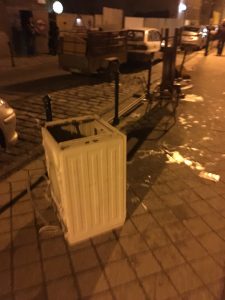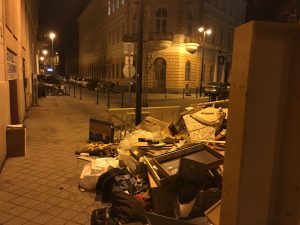We need to talk.
After this last post today on garbage in Budapest, I have a few different ideas of what I’ll be writing about. In addition to keeping you abreast of my adventures here in Budapest, I wanted to devote some time to specific topics in math, politics, food, and travel. While I hope to write about all of these things, the semester is already taking its toll on my free time. Since my time is limited, I want to give you the opportunity to determine the topics that you read about! I’d love to hear from you (larsonnd@whitman.edu, or comment below) if there is anything in particular that you want to read about!
Here’s what I’ve got:
- Hungarian language: This will be coming soon, in one or two parts. If I can’t escape the language requirement for OCS (not that I’d want to), then you will not escape from a Hungarian lesson of your own.
- The Hungarian political situation: If you haven’t heard, Hungary’s current government is one of the most nationalist in Europe. And while most of Central Europe (because Hungary is in central Europe, not Eastern Europe, they are clear about this!) is more conservative than Western Europe, Hungary’s political trajectory has been particularly troubling. As detailed in this recent New York Times piece, Hungary’s prime minister, Viktor Orban, has systematically scaled back civil liberties and dismantled key checks and balances in Hungary’s constitution. I hope to cover my perspective on the autocratic shifts taking place in this country, and the reverberations they are sending across Europe.
- My Weekend Trips: During my time here so far, I’ve traveled to four European capitals: Bratislava, Prague, Berlin, and Vienna. It’s been a whirlwind! I also have plans/dreams to visit Madrid, Copenhagen, Italy and Poland in the coming weeks and months. There’s so much to talk about, but I’d like to cover some highlights from these excursions. Let me know if this would be one of your top priorities!
- Anatomy of a Problem: We’ll take on one of the problems from my Mathematical Problem-Solving Class and solve it together, using methods that I have learned. You’ll hopefully come to realize how interesting and exciting my coursework is—which it certainly is. The only risk for me is that you’ll also realize how simple it is too, compared to the intricate and multi-faceted problems that you are solving every day at school and work!
- The Food Tour of Europe: From the best almond croissant I have ever tasted to the gyros that comprise (without exaggeration) 20-25% of my diet in Budapest, I have had a great experience with food in Europe. If food is what you would like to read about, I would definitely be up for writing about some of the best and most interesting culinary experiences I have had while traveling here.
- Random Thoughts: As I travel around and study math, I sporadically have random thoughts about random things. European crosswalks, biking culture, how best to absorb the art at all of these famous art museums, the history of metro systems (Budpest’s was the first on the European continent), the piano virtuoso who moved in next door and—believe me—much much more. If you just want some intriguing but peripheral observations about Hungary and Europe, vote for this.
- Math: I can always just talk about math to you too.
Well, there are some possible options. If you like the description of any of them, let me know! Although, now that I’ve written something about all of these, I’ll probably just go on to something else instead.
All the best,
Nathaniel


